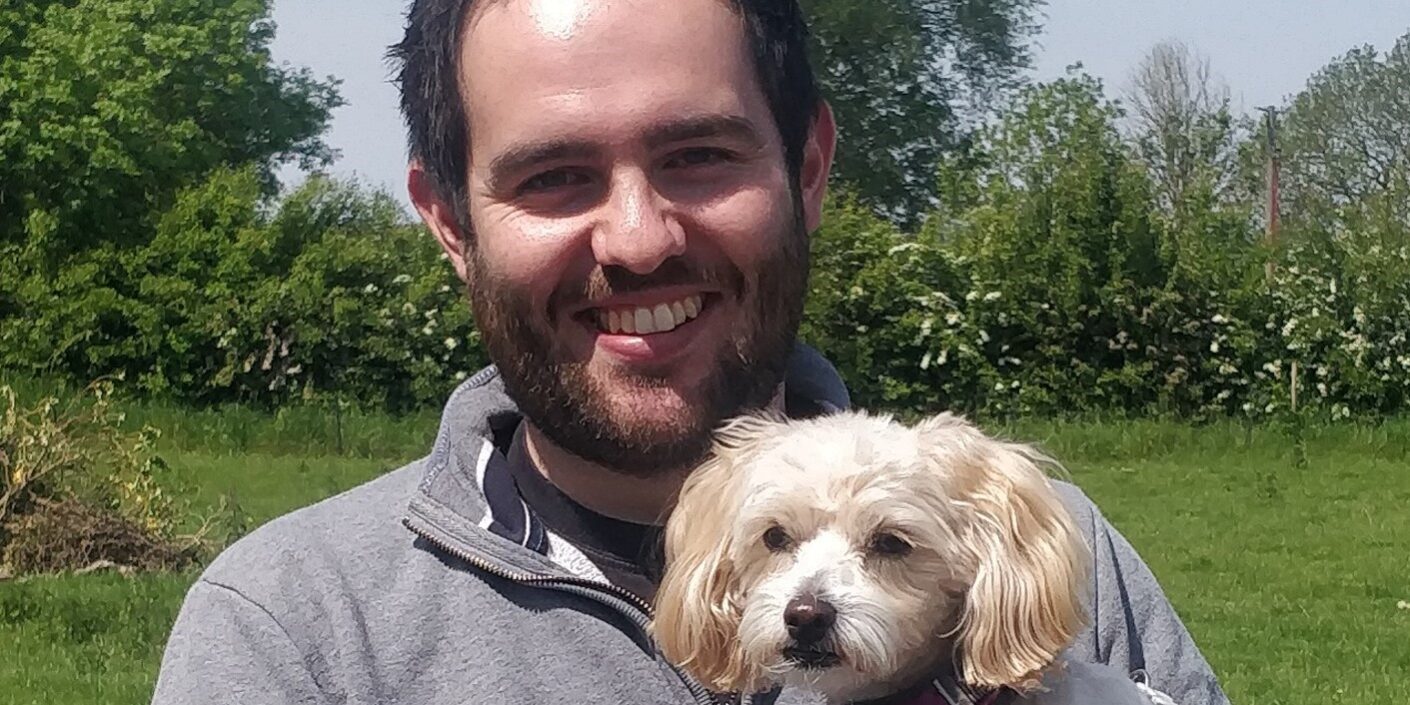How long have you worked at Clarkson & Woods?
I started working at Clarkson and Woods in 2018 as an Assistant Ecologist, in my first role in ecological consultancy. I had studied BSc Zoology at university and was in the process of completing my Masters degree in Behavioural Ecology at the time, and couldn’t wait to get stuck into a job where I could apply my knowledge. I had also been building up experience volunteering on botanical surveys of Local Nature Reserves across the south-west with Avon Wildlife Trust, and had completed several courses that provided introductions on various protected species in the UK, as I knew that ecological consultancy was the career I was really interested in. So when I came across a job advert for Clarkson and Woods, I knew I had to give it a go!
The first season as an Assistant Ecologist was an experience I’ll never forget. I was able to get stuck into a huge variety of projects and surveys, from great crested newt pond surveys and translocations to evening and early morning bat surveys, and everything in between. I also really enjoyed having the opportunity to manage my own projects from the outset with the support of my colleagues, and I think this really helped to develop my confidence as an early-career ecologist. The knowledge and experience within the team here is incredible, and it was so exciting to learn something new every single day.
After leaving the company in 2021, I re-joined Clarkson and Woods around 18 months later as a Senior Ecologist, and I’m still learning something new every day! As well as the ecology side of things, I am also really interested in the technological requirements of ecological consultancy, and so I also provide support on all techy parts of the business, from keeping up with the latest advancements in equipment (such as infrared and thermal imaging), to QGIS and collecting digital data in the field.
What do you enjoy most about working here at Clarkson & Woods?
All ecologists at Clarkson and Woods work on a variety of projects and surveys, which helps us to maintain a breadth of knowledge and experience that we can use to best advise our clients. I consider myself quite a generalist, but I’m particularly interested in badgers, and have assisted our Managing Director Tom with the delivery of several badger survey and mitigation projects over my career so far.
Maintaining a healthy work-life balance is often talked about as a challenge in ecology, particularly given the requirement to complete out-of-hours survey work for bats and other nocturnal species in the spring and summer months. However, Clarkson and Woods are really leading the industry in this regard, and I’m proud to be working for an employer that really values its staff, with a big focus on employee well-being, teamwork, and job satisfaction. This is highlighted through the recent move to a 4-day working week, and the provision of external counselling and other services to help employees manage their mental health. These changes help us to manage the heavy workloads that come with working in ecological consultancy, whilst avoiding burn-out and ensuring that we can consistently deliver survey work, client advice and mitigation design of the highest quality.
What do you enjoy doing in your spare time?
I spend a lot of my spare time with my dog Lily, a 2-year old Maltese-Poodle cross, who doubles up as my sidekick and one of the office therapy dogs. She is always there to offer cuddles and emotional support to the team, and she loves long walks and exploring the countryside just as much as I do!
In 2014 I visited Madagascar on a field trip, which was an absolutely incredible experience. The island is off the eastern coast of Africa, although studies have shown that Madagascar was actually last connected to India, before breaking off millions of years ago. The species found there are largely endemic (not found anywhere else in the world), so it was a real once-in-a-lifetime experience to see these species in the wild. Highlights included staying in a field research centre in Ranomafana National Park (a World Heritage Site), where I was able to assist PhD students with studies on the behavioural ecology of mouse lemurs, as well as seeing the ring-tailed lemur in the wild in Anja Reserve, and conducting our own study on the biodiversity of spiders within the local banana plantations and rainforests.
Following some flight cancellations on the way home, we even managed to fit in a short trip to Kenya, where we went on safari in Nairobi National Park, and saw the fantastic work that Sheldrick Wildlife Trust do to rescue and conserve orphaned elephants. It was an unforgettable trip, and looking back, this is probably where my passion for fieldwork and ecology really took off!







